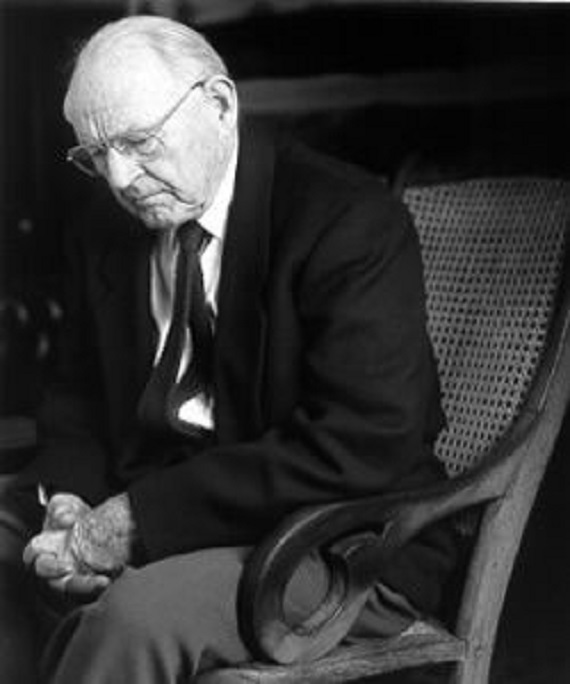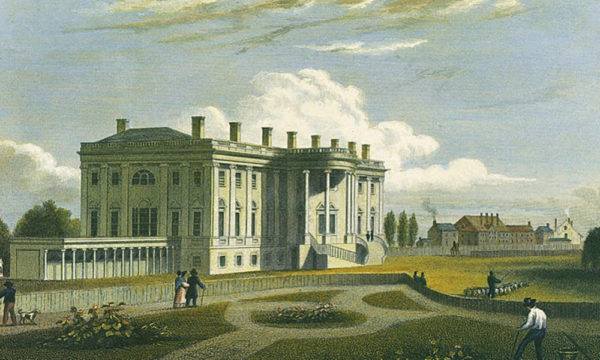
The poem was written shortly after Mr. Lytle’s death in 1995. I intended it to be part of an expanded edition of Poems from Scorched Earth, thus continuing the meditation on fire–in both its destructive and regenerative powers.
The fire that he loved to stoke was an image
of his eternal energy and his gift for conviviality.
–J.O. Tate
No longer will he stand in life
Before his blazing hearth
The fire of bourbon in his aged hand.
No longer will the warmth of cabin flame
Heat up the soles of winter’s pilgrim feet,
Or brightest talk
Cheer up the way-worn wanderer’s heart.
That fire in memory preserved
Must last in shadows of cold
And dark diminished time;
Must last reflected in the gift
Of our own warmth
That burns brighter,
Compensating loss.






